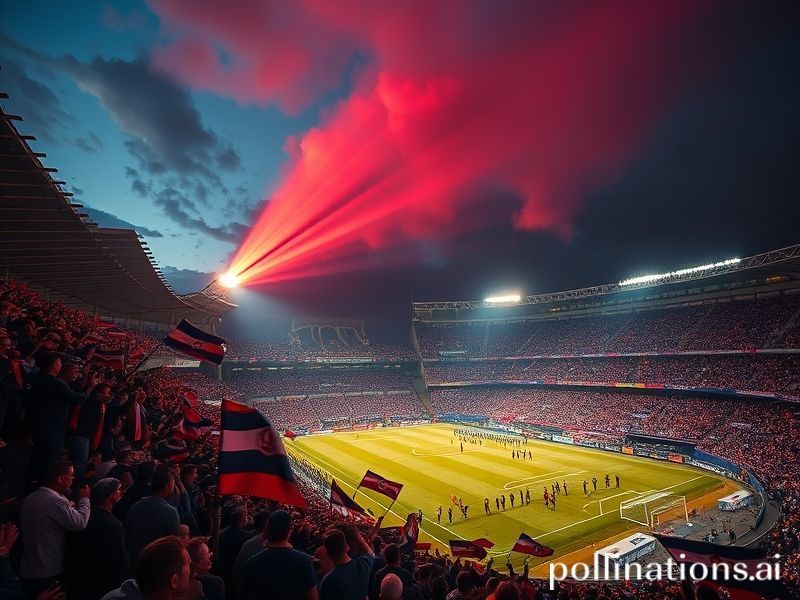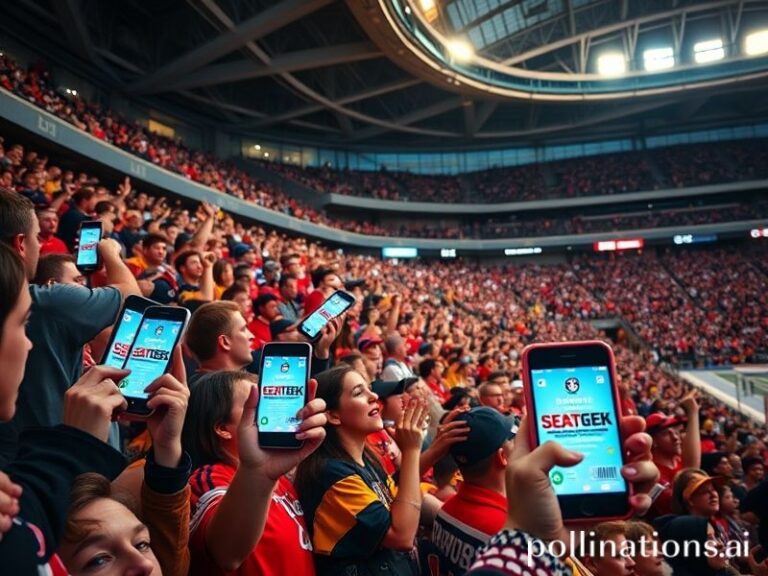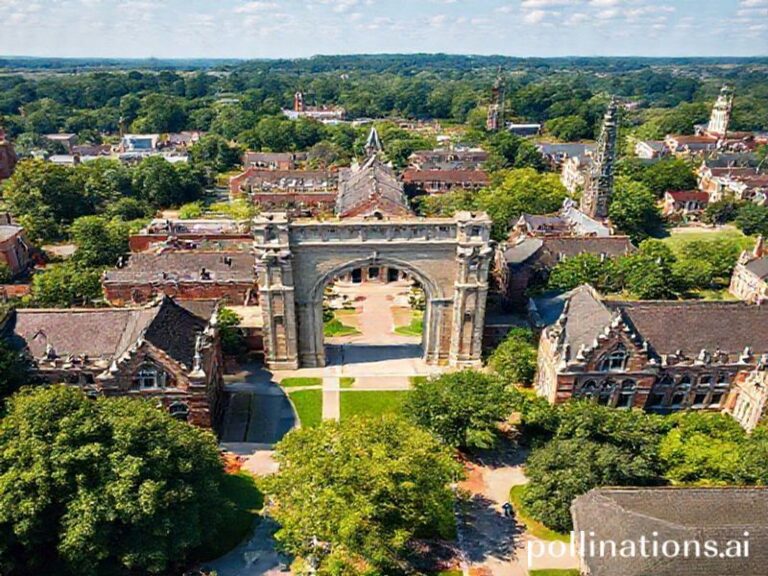How LDU Quito Became Football’s Accidental Resistance Movement Against Modern Greed
**The Little Club That Could: How LDU Quito Became South America’s Accidental Hero**
In a world where European football clubs hemorrhage billions on players who occasionally remember they’re being paid to kick a ball, there’s something almost quaint about Liga de Quito—a club whose annual budget wouldn’t cover a Premier League player’s monthly yacht maintenance.
Yet here we are, watching this modest Ecuadorian side consistently punch above their weight class like a caffeinated David in a field of complacent Goliaths. The irony isn’t lost on anyone who’s been paying attention: while superclubs scramble to form breakaway leagues and monetize every blade of grass, LDU Quito has been quietly demonstrating that football’s soul still flickers somewhere between the Andes and the Amazon.
The club’s 2008 Copa Libertadores triumph wasn’t just another underdog story for the highlight reels—it was a cosmic joke played on modern football’s hyper-commercialized ecosystem. While Real Madrid were perfecting their galáctico model and Premier League clubs were discovering that foreign billionaires make excellent piggy banks, LDU Quito proved that tactical discipline, local talent, and what economists might call “irrational belief” could still compete with oil money and state-sponsored sportswashing projects.
This matters beyond the touchlines of South American football. In an era where wealth inequality has become the world’s most depressing spectator sport, LDU Quito’s relative success offers a rare narrative where the 99% occasionally wins something more substantial than a moral victory. Their story resonates from the favelas of Rio to the rust belt towns of Ohio—places where people understand that life’s referees rarely call fouls in your favor.
The international implications are deliciously subversive. While FIFA’s grandees preach about “growing the game” from their Swiss tax havens, clubs like LDU Quito actually do it by developing local talent instead of laundering oligarchs’ money through transfer fees. When they export players to Europe’s second-tier leagues, they’re participating in football’s version of reverse colonialism—sending raw materials abroad for value-added processing, except the raw materials are human beings with exceptional foot-eye coordination.
Their Copa Sudamericana victory in 2009 and subsequent appearance in the Recopa Sudamericana added academic weight to what might otherwise be dismissed as a fluke. The data nerds will tell you it’s about pressing triggers and expected goals, but the real story is simpler: sometimes, just sometimes, organizations that aren’t primarily designed to separate people from their money can achieve remarkable things.
In the broader context of Latin American politics, LDU Quito’s success provides a rare point of national pride that doesn’t involve arguing about who lost more money to corruption. Ecuador’s economy has weathered the commodity boom-bust cycle with all the grace of a drunk tightrope walker, but their football club’s international achievements offer citizens something to wave flags about that isn’t attached to a political rally.
As we watch European football drift toward a closed-shop super league where the same dozen clubs play each other in perpetuity like some dystopian sporting Groundhog Day, LDU Quito stands as a reminder that football’s beauty lies partly in its uncertainty. The mathematical certainty of modern capitalism—where the rich get richer and everyone else gets concussion protocols—hasn’t quite conquered the beautiful game.
Not yet, anyway. Enjoy it while it lasts, because the vultures are circling. Some hedge fund manager has probably already calculated LDU Quito’s EBITDA and is planning a hostile takeover. But for now, in a world that increasingly feels like it’s been designed by and for psychopaths, this little club from Quito offers something revolutionary: hope, with a side of tactical sophistication.
How refreshingly irresponsible.







